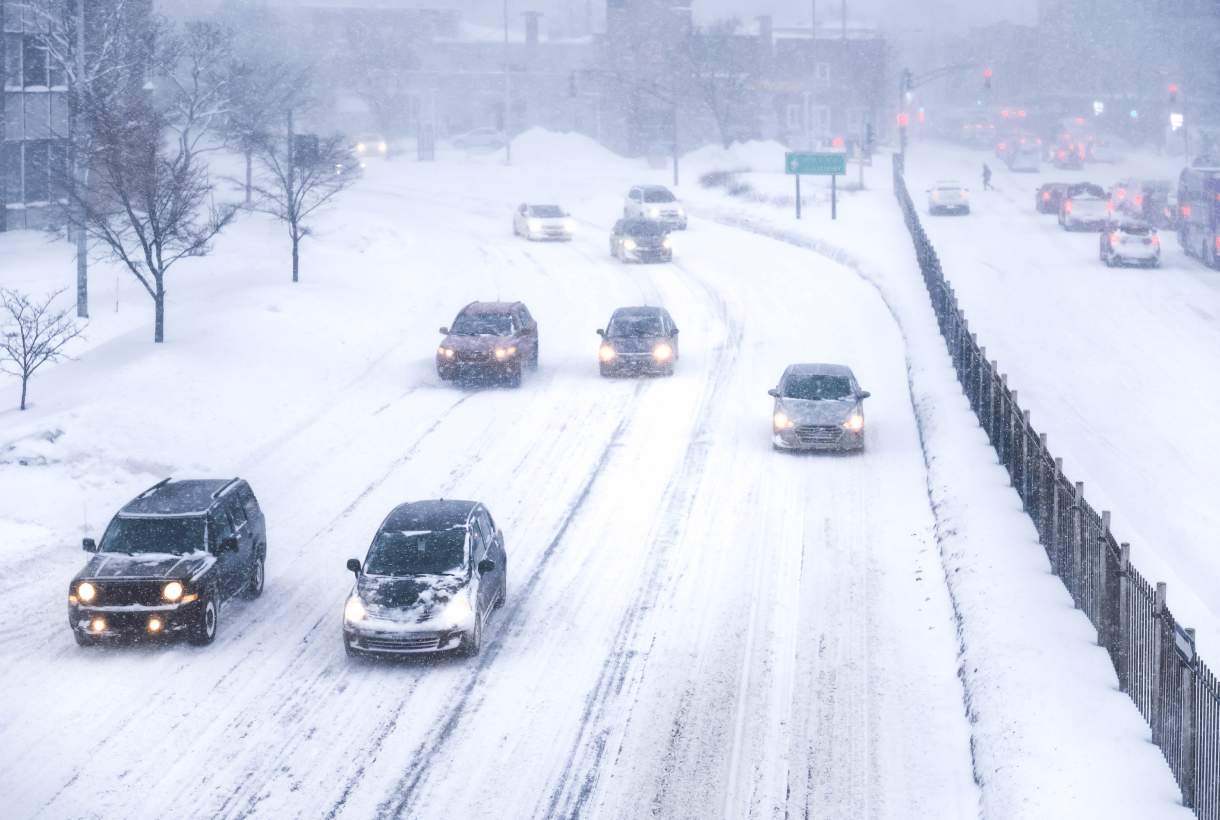When an emergency strikes, your organization needs to be prepared to respond quickly and effectively. This often means running tabletop exercises well in advance of any emergency, so that everyone understands their role and how they need to work together when the real thing hits.
Tabletop exercises are simulations of potential emergencies that allow you to test your response plans and your response team’s actions without putting anyone in danger. In this blog post, we will discuss the benefits of tabletop exercises and how they can help your organization prepare for emergencies.
Planning Tabletop Exercises
One of the benefits of tabletop exercises is that they can be customized to your organization's specific needs. This means that you can test different scenarios and response plans to see what works best for your team. Planning these exercises can be a bit of a daunting task, but there are some key things to keep in mind:
Setting Clear and Achievable Objectives is Critical
When you are planning a tabletop exercise, it is important to set clear and achievable objectives. This will help ensure that everyone understands what the exercise is trying to accomplish. It is also important to make sure that the objectives are realistic and can be achieved within the time frame of the exercise.
Identify Who Needs To Be Involved
Another key element of planning a successful tabletop exercise is identifying who needs to be involved. Participants may include not only those who will be actively taking part in the exercise, but also those who will be observing and debriefing afterwards. It is important to have a mix of people from different departments so that you can get a well-rounded perspective on how the exercise went.
Learn how to enhance crisis preparedness with simulated exercises designed to assess your readiness and identify gaps in your crisis response plans. OnSolve Tabletops
Create A Scenario
Once you have a clear understanding of what you want to accomplish and who needs to be involved, you can start creating a script or scenario. This is the backbone of the exercise and will help guide the discussion or simulation. The script should be realistic and challenging, but not so difficult that it cannot be resolved. Also, when creating the scenario, it’s important to keep in mind that the more realistic you can make the scenario, the more you’ll get out of the exercise.
Running The Tabletop Exercise
Now that you have everything planned, it is time to run the exercise where all of your planning will come together. Be sure to debrief afterwards so that you can identify and learn from any mistakes that were made and then take steps to improve your plans and your response team’s performance.
Evaluation of the Tabletop Exercise
After the exercise has been completed, it is important to debrief and evaluate in detail how it went. This includes looking at what worked well and what needs to be improved. It is also important to identify any lessons to be learned so that you can apply them in the future. Tabletop exercises are a valuable tool for preparing your organization for emergencies. By following these tips, you can ensure that your tabletop exercise is successful.
Write the After-Action Report (AAR)
After the debrief, it is important to write an after-action report (AAR). This should include a summary of what happened during the exercise, as well as any lessons learned. The AAR is a valuable document that can be used to improve both your emergency response as well as your future tabletop exercises.
Remediate Findings Within the AAR
After the AAR has been written, it is important to remediate any findings. This includes making changes to response plans and increasing capabilities where necessary. By taking these steps, you can ensure that your organization is better prepared for future emergencies.
Summary
Planning and running tabletop exercises may seem like a daunting task, but the challenge is very surmountable, and the benefits of a tabletop exercise far outweigh the costs. Tabletop exercises provide a clear insight into response plans, as well as how teams will respond during the real thing. If you're looking for a way to improve your organization's emergency preparedness, look no further than tabletop exercises. They are a great way to prepare your organization for emergencies. Don't hesitate to run them often!
OnSolve Tabletops
OnSolve offers a comprehensive Tabletop Exercise Program designed to help our customers assess their readiness and understand any gaps in their crisis response plans. To learn more, contact us today to speak with one of our analysts.



